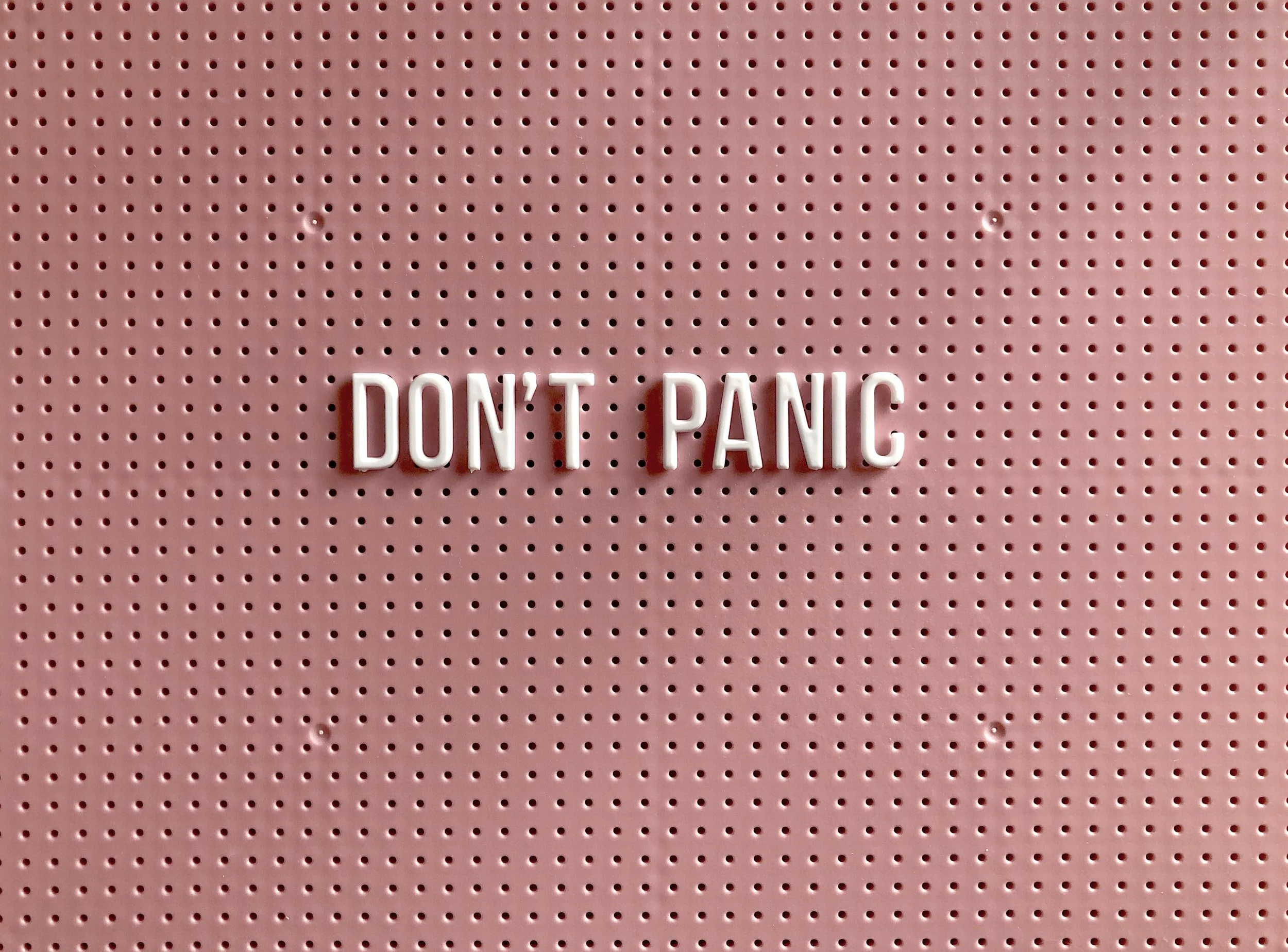Mastering Anxiety and Stress Management in the Modern World
Introduction
With the rapid acceleration of modern life, it's no surprise that anxiety and stress have become widespread issues for many people. From demanding jobs to personal responsibilities, there are countless factors contributing to these feelings. As such, understanding the root causes of anxiety and learning effective coping strategies are crucial for maintaining mental wellbeing. In this article, we will explore some of the common sources of anxiety, provide relaxation techniques, and offer practical tips for managing stress in our daily lives.
From demanding jobs to personal responsibilities, there are countless factors contributing to these feelings. As such, understanding the root causes of anxiety and learning effective coping strategies are crucial for maintaining mental well-being. In this article, we will explore some of the common sources of anxiety, provide relaxation techniques, and offer practical tips for managing stress in our daily lives.
The Root Causes of Anxiety
Anxiety and stress share physiological responses but whereas stress is generally triggered by external pressures, anxiety is more from internal thoughts and fears we attach to the situation. Common triggers of anxiety and stress can include;
Work or school-related pressures
Financial worries
Personal or family issues
Health concerns
Social situations
Major life changes or decisions
Recognising the triggers of anxiety and stress in your life is the first step towards managing it more effectively.
Coping Strategies for Anxiety and Stress Management
Mindfulness and Meditation
Mindfulness and meditation are powerful tools for reducing anxiety and stress. They help you stay present, focus on your breathing, and develop an awareness of your thoughts and emotions without judgment. By practising mindfulness regularly, you can learn to manage your anxiety more effectively and allow time for the ‘rational brain’ to take control.
Changing the narrative
We can’t change what’s already happened to us. All we can change is the thought we attach to it which will, in turn change the feeling. Imagine having anxiety over an upcoming job interview. You feel tight chested and have butterflies in the stomach every time you think of it. Now imagine while experiencing those sensations you change those negative thoughts to positive ones. Imagine those sensations are the same ones you get when your excited. Imagine being excited at the prospect of a new job, meeting people and opening up a whole new world of opportunity. The sensations are now linked to a positive feeling. As we change our thoughts, we change our feelings and we change our behaviour.
Exercise
Physical activity can significantly reduce anxiety and stress levels. Exercise releases endorphins, which are natural mood elevators, and helps to improve overall mental wellbeing. Aim for at least 30 minutes of moderate exercise most days of the week.
The choice of exercise is important. Team sports might help for social anxiety and to meet new friends whilst running alone might lead to more time to ruminate.
Time Management
Effective time management is essential for reducing stress and anxiety. Priorities tasks, set achievable goals, and break them into smaller, manageable steps. Establishing a daily routine can help you stay organised and reduce feelings of being overwhelmed.
Social Support
Having a strong support network is essential for managing stress and anxiety. Reach out to friends, family members, or colleagues who can offer support and understanding. Joining support groups, clubs, or organisations can also help you connect with others facing similar challenges.
Deep Breathing Techniques
Deep breathing exercises are effective in calming the nervous system and reducing anxiety. Practice slow, deep breaths, focusing on inhaling and exhaling fully. Doing this for a few minutes each day can significantly impact your stress levels.
Healthy Diet and Sleep
Yes we know that eating a balanced diet and getting adequate sleep are crucial for managing stress and anxiety but do we know why diet is important? It’s true we are what we eat, and serotonin the chemical that helps mood is created in our gut by eating non processed food such as those containing Omega 3. Studies have identified the benefit and d Vitamins such as Vitamin D and Filic Acid to promote serotonin. Other mind healthy foods include fruits, vegetables, lean proteins, and whole grains.
When it comes to sleep aim for 7-8 hours of sleep per night. There are plenty of Apps to support sleep but simple changes such as no coffee after midday and having earlier evening meals can help. And remember bed is meant for two things and neither of them benefit from watching TV or scrolling through Instagram posts.
Professional Help
If anxiety and stress become overwhelming, don't hesitate to seek professional help. Therapists, counsellors, and support groups can provide valuable guidance and resources for managing your anxiety.
Conclusion
The fast-paced nature of modern life can lead to increased anxiety and stress. However, by understanding the root causes of these feelings and implementing practical coping strategies, you can manage them effectively. Whether it's through mindfulness, exercise, or seeking professional help, taking active steps to address anxiety and stress will result in a more balanced and fulfilling life.



